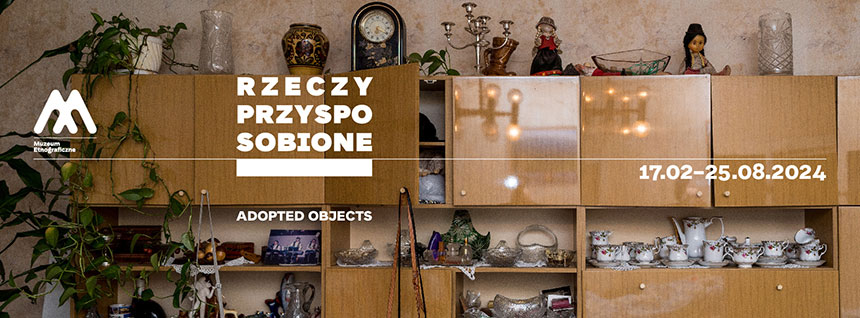Anthropologist and sociologist Bruno Latour argues that more-than-human existences, including things, may possess causal powers and capacities of their own and can exert an active influence upon reality.
Sometimes, things seem inactive, as if comatose, and we do not fully realize their presence as it seems obvious and self-explanatory. But occasionally some things motivate us to act in a certain way: a piano may encourage one to take music lessons, prewar postcards discovered in one’s home may spur an interest in their senders and addressees, found objects may inspire further biographical and genealogical research.
Album with prewar postcards: correspondence of the Meink family in Breslau
Wrocław
courtesy of Lidia Barankiewicz
From her early childhood, German postcards have been part of Lidia Barankiewicz’s life. When she was little, she was particularly fond of those featuring flowers. Later, she became fascinated with postal stamps pasted onto them. As a teenager, she was charmed by romantic subjects, and as an art student, she began to appreciate architectural motifs. It was only when, as a grown-up woman, she was going through things after her mother’s death that she realized that all German documents and papers she found belonged to the same family living in prewar Breslau: the Meinks. She organized the postcards and started to reconstruct the lives of those who had written them: Kurt, Frieda, Martha, and others. Over time, she has developed a personal connection to them. Not fluent in German, she has enlisted the help of others to translate the correspondence. She has also tried to locate the family members or their descendants. For years, the casual presence in her home of things left by its former German residents – not only the postcards, but also furniture and paintings on the walls, and monogrammed bedlinens – did not make Lidia think of their original owners. “When I was a child, nobody talked about Germans at home or at school, it was a taboo subject. Children were kept in the dark about these matters, they were not brought up in conversations” (Lidia Barankiewicz).
